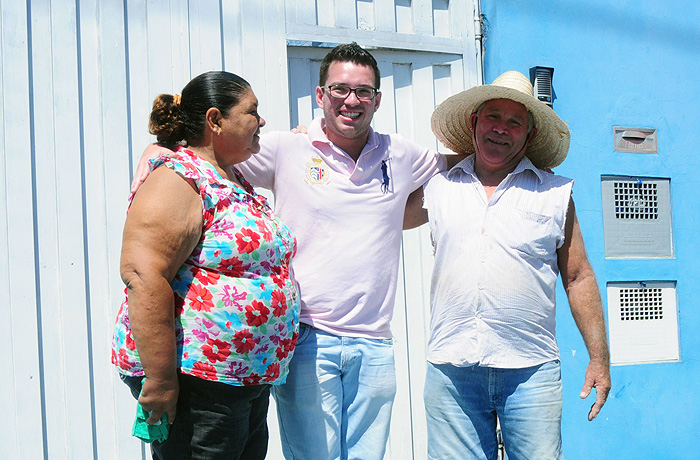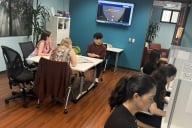You have /5 articles left.
Sign up for a free account or log in.
This period of the year is critically important for thousands of Brazilian families, because the results of admission tests (vestibular, PROUNI, SISU) to the tuition-free public universities are being unveiled. The competition is fierce for entry to many degree programs and it is a turning point in the life of thousands of young students. Just to provide an idea, this year the “vestibular” at my university, Unicamp, had 73,818 candidates compete for 3,460 places—fewer than 5% of the candidates land a place. The situation is even worse in medicine, where 15,989 candidates are competing for the 110 places provided by the university each year (145 applicants per place). As a result, the selection process is exclusive, and most of the students who enroll in public universities come from the wealthiest families, having had a primary and high-school level education at private schools.
Many social inclusion and affirmative action programs have emerged in Brazil in the last few years, but most of them still struggle with the fact that the number of places in public higher education are few, and therefore any affirmative action program has only limited impact while doing little to diminish the inevitable educational advantages of the elite. This is why the recent admission of Gabriel Brandão Alexandre to Unicamp´s Medical School had such an impact in the Brazilian media.
Gabriel comes from an underprivileged background and lives in the poor outskirts of Campinas. In fact, his admission was possible thanks to a rather new program initiated by Unicamp in 2010, called the Interdisciplinary Higher Education Program (ProFIS, in Portuguese—see more information at http://chronicle.com/article/In-Brazil-a-Liberal-Arts/131234/. The program offers a radically new affirmative action strategy with a novel (for Brazil) general education curriculum. Admission is based on merit. A class of 120 students is selected from all public high schools of the city of Campinas, where the best students of each school are invited to enroll at the University in ProFis. It is worth noting that the class must include at least one student from each public school of the city.
It is well known that the challenges that students from low-income families confront are not limited to admission; therefore, programs that only address access are not likely to have much impact. Affirmative action may expand access but often does little to insure that students are successful to degree completion. This is why ProFis is so unique. After enrolling in ProFis, the students must follow a carefully structured general education curriculum, with strong practical activities and an introduction to research practices. Students receive stipends to help their families, and to cover the cost of lunch, dinner and transportation to and from campus. They have strong academic support, with advisors and TAs, to help to bridge the gap in previous levels of education. They are also closely supervised to insure that they attend class and to intervene if academic problems occur. After two years the students who successfully finish the ProFIS program get a certificate but can then choose to continue at the university, choosing a place in almost any of the 69 undergraduate courses offered by Unicamp. After extensive internal negotiation, each degree program agreed to reserve a number of places for ProFIS graduates, without the necessity of any further selection process! This is how Gabriel got his dream place at the medical school; he was the top student among all ProFIS graduates and was allowed to choose any place at the university that he wanted.
ProFIS is still a small pilot program, but it is having a strong impact on the debate for real social inclusion at Unicamp. The socio-economic data from the first four classes is really impressive, indicating that most of the students aren't from the traditional profile of students who have enrolled at the university in the past, with most from low-income families. The vast majority of ProFIS students are the first in their families to attend a higher education institution, as well as more accurately representing the ethnic and racial diversity of the region. I strongly believe that this program represents a light at the end of the tunnel, and the funnel, that can begin to address the social inequalities of the Brazilian society, which (until now) has been reproduced in the public HE system.






